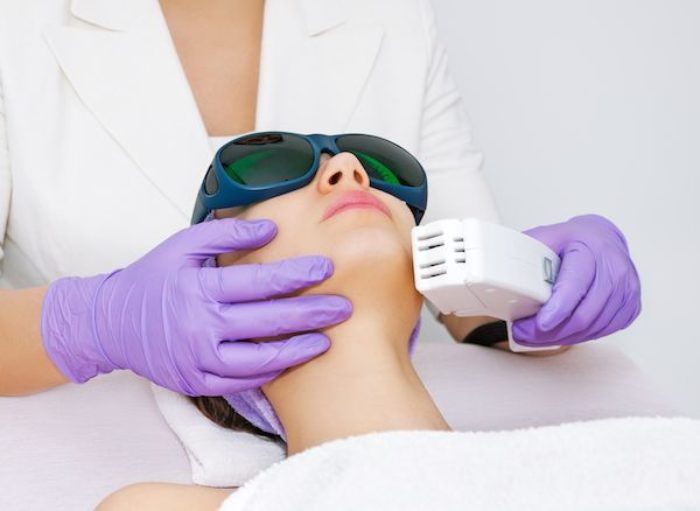Part 2: Pulse Therapy
When used properly, under the guidance of a physician, 4% hydroquinone is a safe and effective means of managing pigment disorders. So, what constitutes as proper use of hydroquinone? Dr. Zein Obagi, a pioneer in the concept of total skin health and creator of ZO Skin Health & ZO Medical, recommends a “pulsed” approach to avoid the adverse events associated with long-term hydroquinone use.
Dr. Obagi, whose name is synonymous with pigment correction, founded Worldwide Medical, Inc (makers of the original Obagi Nu-Derm & Obagi Blue Peel) in 1988. Nearly 10 years later, in 1997, Obagi Medical Products (OMP) acquired Worldwide Medical and the Obagi® trademark and continued to produce the Obagi Nu-Derm system… the same, relatively unchanged Nu-Derm system that we know today. In 2006, Dr. Obagi left his position with OMP as he worked to improve and evolve his original concept of total skin health. It was in 2007 that ZO Skin Health was born, and then, after years of research and clinical studies, in 2012, ZO Medical launched as the alternative to OMP’s Obagi Nu-Derm.
In addition to his involvement with introducing hydroquinone to the masses, Dr. Obagi is a practicing board-certified dermatologist. His in-office clinical experience, combined with decades of research, has convinced him that a “pulsed” approach to treating pigment disorders with hydroquinone is not only safer than the “bigger, better, faster, more” approach of the late 1980’s – early 1990’s, but also more in tune with his philosophy of total skin health.
The “pulsed” approach to hydroquinone is a simple one: limit use of hydroquinone to no longer than 5 months at a time. Then, give your skin a break; allow it to rest and stabilize for 2-3 months as you use NON-hydroquinone pigment control products to prevent rebound pigmentation. After the break, your physician can decide if another 5 month course of hydroquinone is appropriate for you.
Hydroquinone is an inflammatory agent that can become allergenic after 5 months of use. Hydroquinone-induced inflammation can cause rebound hyperpigmentation and reduced tolerance to hydroquinone itself. Pulsing hydroquinone use can prevent this, but quitting ‘cold turkey’ can trigger rebound pigmentation as well. That’s one of the reasons medical supervision is so important: your physician and/or skin care clinician can custom-tailor a pigment control regimen based on dosage and frequency that minimizes risks and maximizes efficacy.

